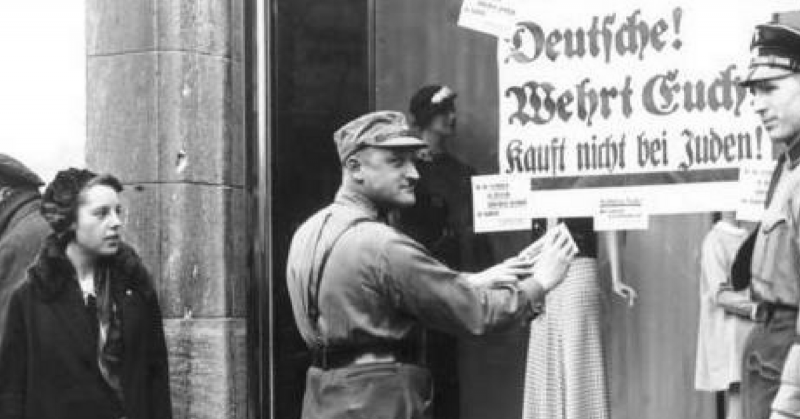Although The Church of Jesus Christ of Latter Day Saints originated in the United States, its believers spread across the globe. One such location was Germany. Since the days of the German Confederation, many German states banned the LDS Church.
Despite this, the Mormon faith took root in the European state, practicing their faith as the German Confederation morphed into the North German Confederation, the German Empire, and the Weimar Republic. By the end of the Republic over 11,000 Mormons resided in what was quickly becoming the Third Reich.
Though the Mormons found a variety of ways to peacefully exist with earlier German states, the Third Reich proved to be a different sort of government. What’s more, the local Mormons were also loyal Germans, further complicating their tenuous place in society.
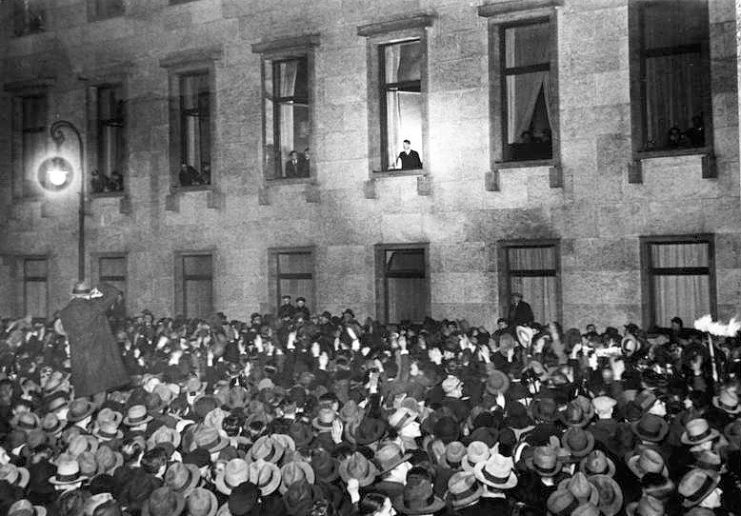
To maintain their fragile existence in a regime increasingly lashing out against anything perceived as non German, the German Mormons, for the first time in Germany, enacted the Twelfth Article of Faith, “We believe in being subject to kings, presidents, rulers, and magistrates, in obeying, honoring, and sustaining the law.”
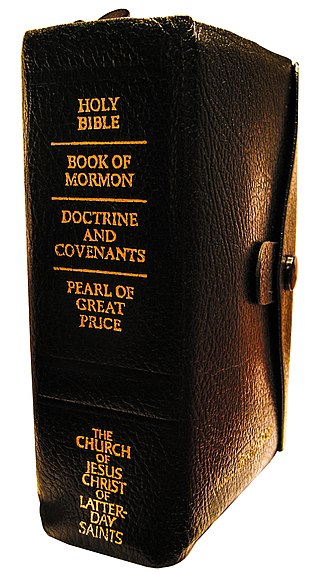
Despite this, the Mormons still faced hard times. The Nazis wasted no time keeping a close eye on the Church. Gestapo agents observed meetings, police thoroughly questioned Church leaders on Mormon doctrine and scripture, and they were repeatedly warned to avoid politics.
The relationship between the Reich and German Mormons was one of uneasy coexistence. The Church’s teachings related to Israel and Zion were confiscated and banned for the obvious conflict between them and Nazi anti Semitism. Despite this, the Reich never banned the Church, and in some regards considered them a valuable asset.
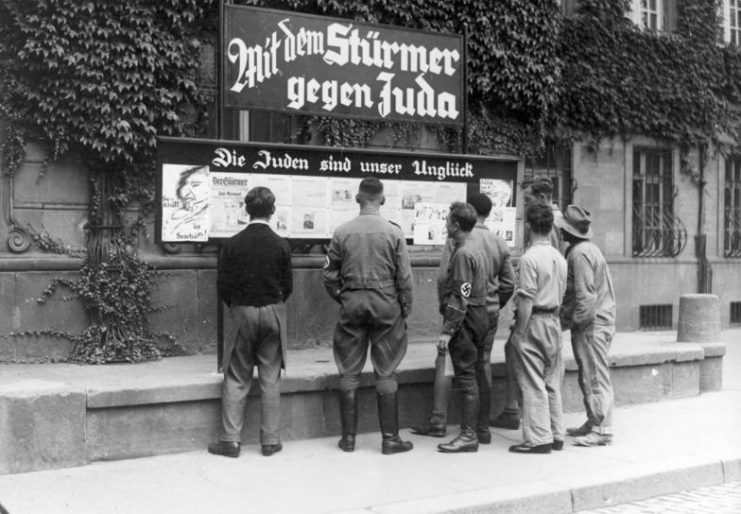
Mormon interest and focus on genealogy appealed to Nazi notions of racial purity, and thus granted the Church access to previously restricted records to let them aid, however indirectly, the Nazi cause.
Aware of their tenuous place in the Reich, the Church did its best to keep its head down and avoid trouble. With tensions rising between the Reich and their neighbors, the Church worked to evacuate their missionaries from surrounding nations. When World War II started in 1939, their task became much more difficult, as Gestapo agents and Nazi authorities apprehended missionaries before they could flee the continent.
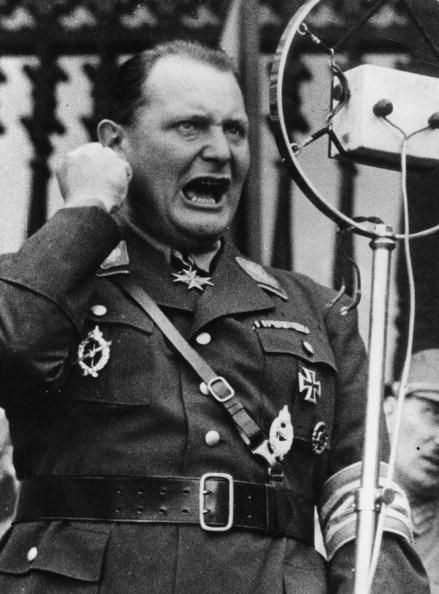
The Church continued to do what it could to keep active, even during the war. In a combination of self preservation and, in some cases, genuine support of the Nazi cause, some Mormons not only boasted of their genealogical support of the new regime, they also supported their anti Semitic crusade.
LDS First Counselor J. Reuben Clark, an American performing missionary work in Germany, distributed and continued to distribute anti Semitic tracts even after the war.

While most among the Church kept their heads down during the time of war, some spoke out against the terror of the Nazi regime. Helmut Hübener was one such Mormon. In 1941 and 1942 he condemned the Reich, distributing pamphlets and declaring famously in one such pamphlet:
“German boys! Do you know the country without freedom, the country of terror and tyranny? Yes, you know it well, but are afraid to talk about it. They have intimidated you to such an extent that you don’t dare talk for fear of reprisals. Yes, you are right; it is Germany, Hitler’s Germany! Through their unscrupulous terror tactics against young and old, men and women, they have succeeded in making you spineless puppets to do their bidding.”
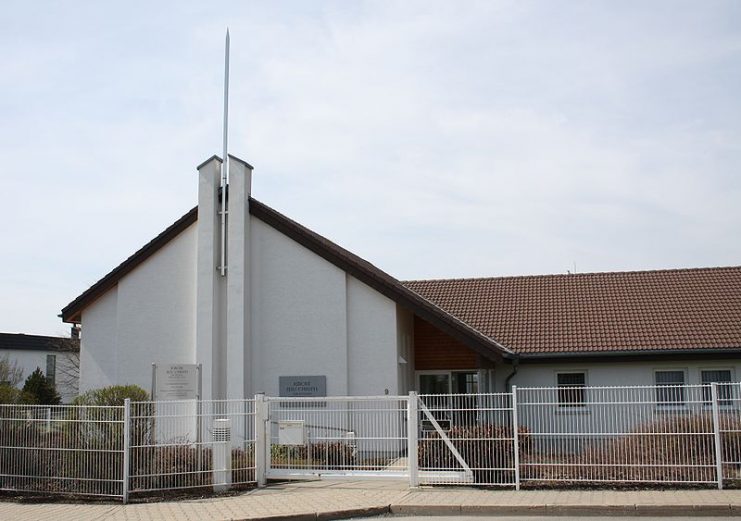
Hubener’s resistance to the regime ultimately led to his arrest and execution. While some like him spoke out against the terror of the Reich, many stayed out of politics, faithfully serving their homeland in the army and continuing to hold services in increasingly devastated surroundings.
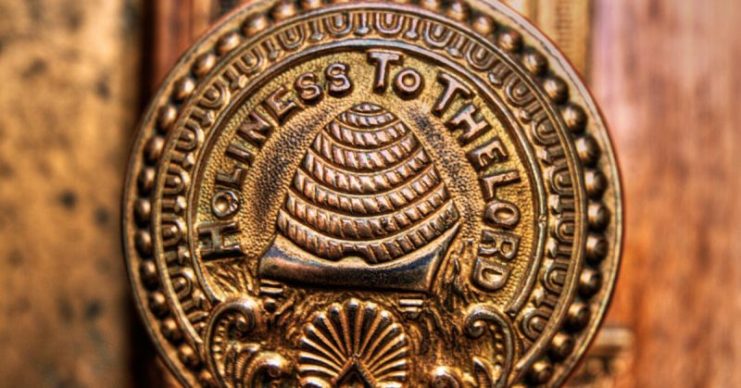
Read another story from us: These Household Names Worked With The Third Reich During WWII
German Mormons, like the Germans themselves, were a mixed bag of supporters, collaborators, resisters, and people just trying to survive.
